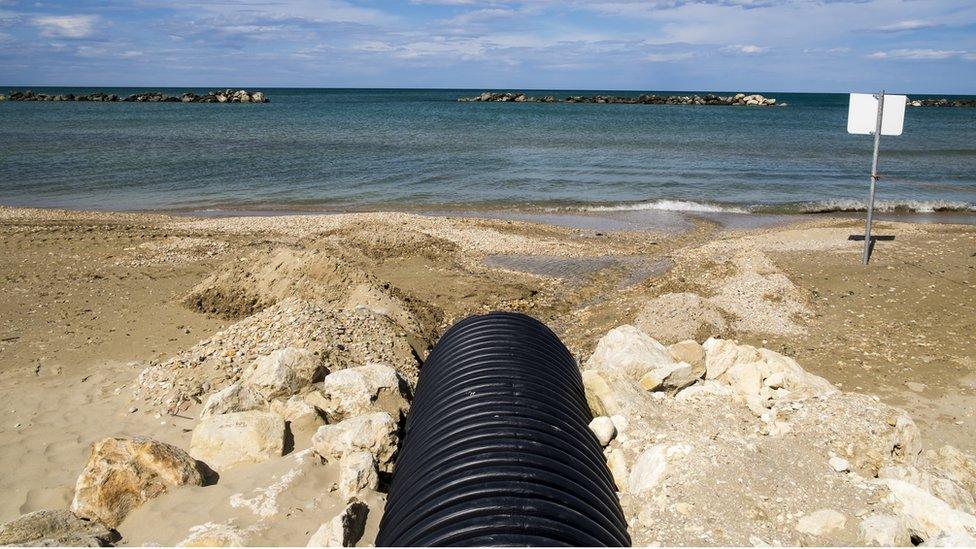EU re-approves NI water protection plans
- Published
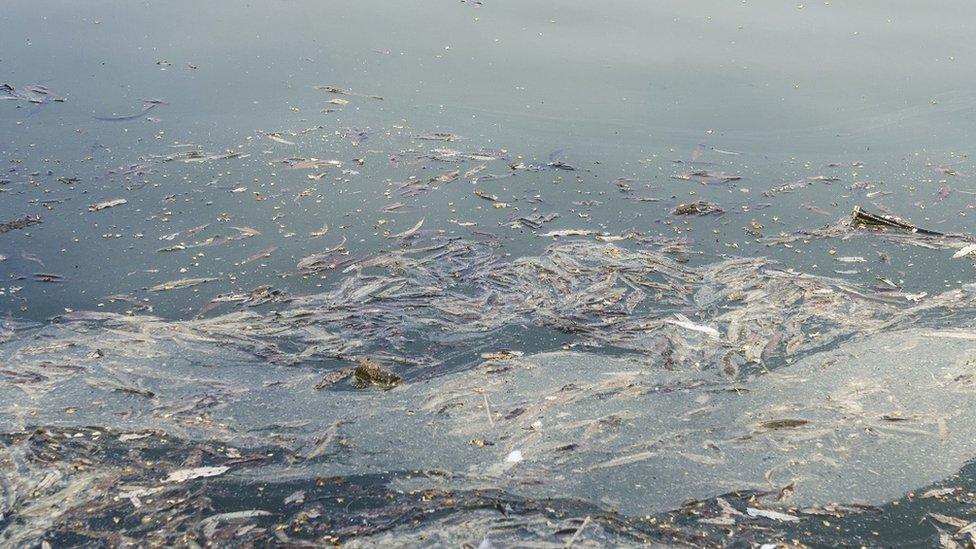
Just over a third of 450 rivers in Northern Ireland are classified as having a status of good or better.
The EU has given its re-approval for plans to protect water quality in Northern Ireland.
It has accepted measures put forward by officials to prevent pollution in rivers, lakes and groundwater from agriculture.
Just over a third of 450 rivers in Northern Ireland are classified as having a status of good or better.
Farming and industry are often cited as significant causes of water quality issues.
Several ideas originally suggested in the plan were dropped after opposition from farmers.
They included proposals requiring the covering of slurry stores and a ban on the use of certain fertilisers.
Those will now be considered as part of separate plan to cut ammonia emissions linked to agriculture.
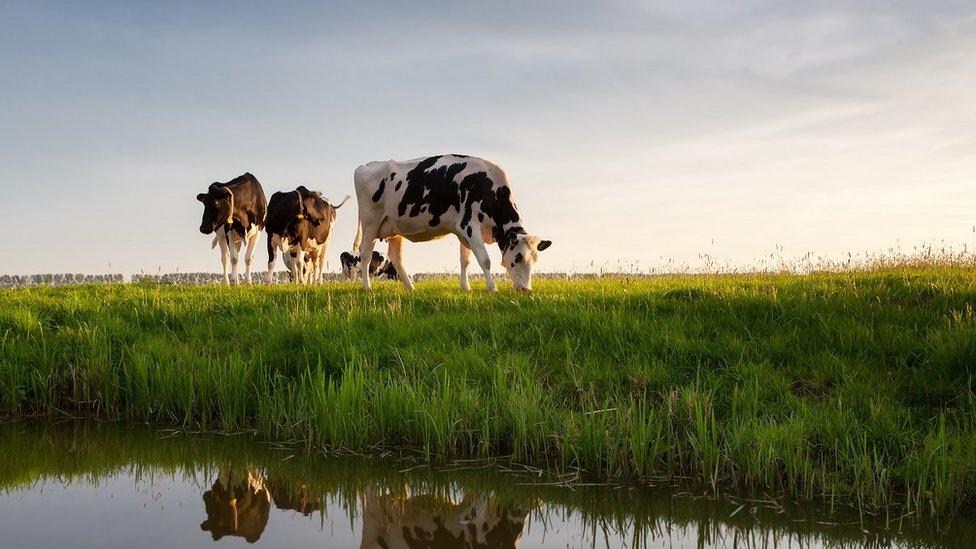
Farming and industry are often cited as significant causes of water quality issues
Officials must review Northern Ireland's so-called Nitrates Action Plan every four years. This is the fourth version.
When it was put out to public consultation in March, the main farmers' union said "bolting on" measures to deal with ammonia emissions was "nonsensical and counterproductive".
The Ulster Farmers' Union said they would be better dealt with under the ammonia plan.
'Pragmatic approach'
They also said the cost associated with covering new outdoor slurry stores by January next year, and existing ones by 2022, was "unworkable" and would add cost that would be detrimental to businesses.
As part of its approval, the EU has also signed off on a relaxation of the rules that allows some farmers to maintain cattle numbers if they fulfil certain criteria.
That derogation will run from now to 2022.
A spokesperson for the Department of Agriculture, Environment and Rural Affairs (DAERA) said the changes to the plan after public consultation represented a "pragmatic and workable approach".
The spokesperson said it struck a balance between the needs of the environment, the need to comply with its legal requirements and the need to support the agri-food industry.
Another of the changes will double the threshold for the size of cattle and pig farms that must use specialist slurry spreading equipment to cut emissions.
- Published2 August 2018
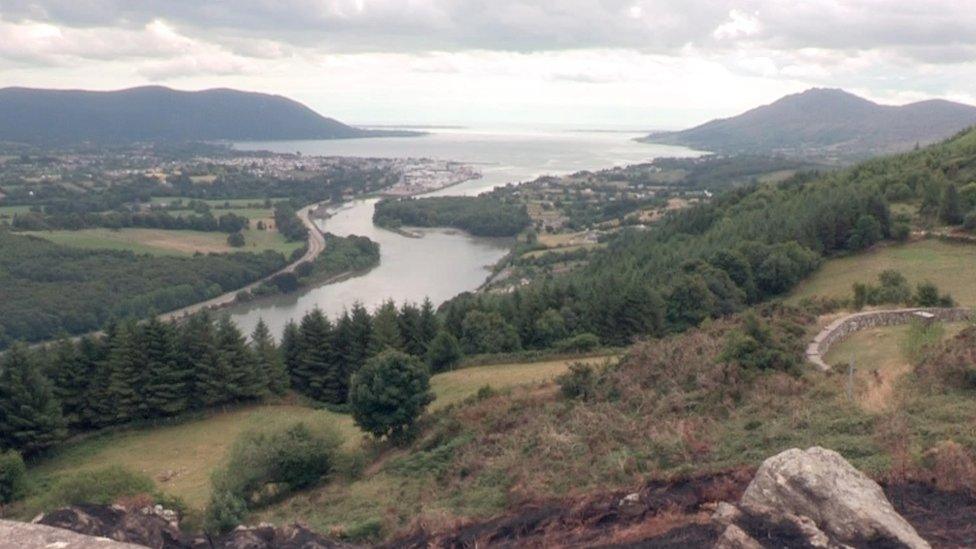
- Published4 February 2019
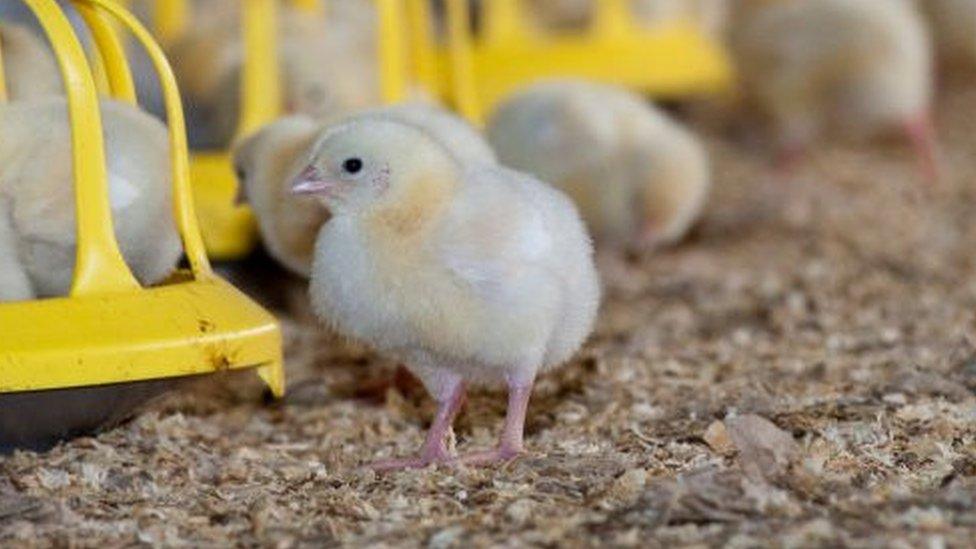
- Published5 September 2016
